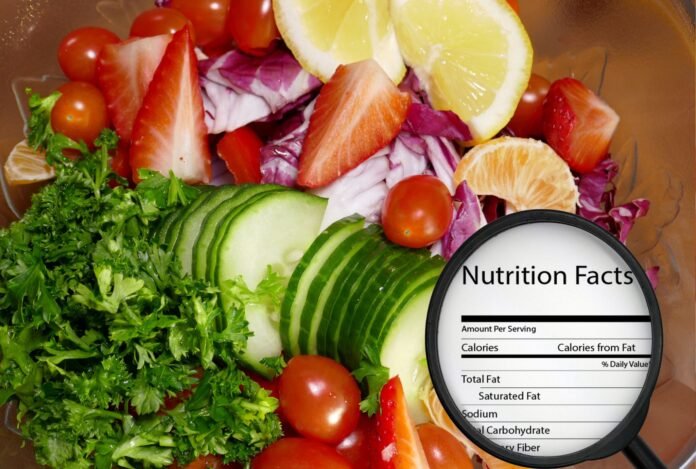When it comes to building muscle mass, most people immediately think of high-protein diets and intense workout routines. However, the importance of vegetables is often overlooked. Vegetables provide essential nutrients that not only boost overall health but are also crucial for muscle growth and recovery. Including a variety of vegetables in your diet can significantly enhance your progress and results.
Essential Nutrients from Vegetables for Muscle Growth
While vegetables may not be protein-rich, they are packed with other nutrients that support muscle development. These nutrients improve metabolism, aid nutrient absorption, and accelerate recovery. Here are some key components:
- B Vitamins: Found in broccoli, spinach, and asparagus, these are critical for energy production and protein metabolism.
- Vitamin C: Present in red bell peppers, broccoli, and Brussels sprouts, this vitamin promotes tissue repair and muscle recovery by acting as a powerful antioxidant.
- Magnesium: Found in leafy greens like spinach and Swiss chard, it supports muscle contraction, relaxation, and protein synthesis.
- Calcium: Crucial for muscle contraction and bone health, calcium is abundant in vegetables like kale and broccoli.
- Iron: Leafy greens such as spinach and broccoli provide non-heme iron, which improves oxygen transport to muscles during exercise.
Vegetables and Muscle Recovery
Muscle recovery is a cornerstone of effective muscle-building. Thanks to their anti-inflammatory and antioxidant properties, vegetables help minimize muscle damage and soreness after intense workouts. Antioxidants in spinach, carrots, and broccoli fight oxidative stress caused by exercise, speeding up the recovery process and reducing inflammation.
By enhancing recovery, vegetables enable you to train more consistently and with greater intensity, fostering long-term muscle growth.
Top Vegetables for Muscle Building
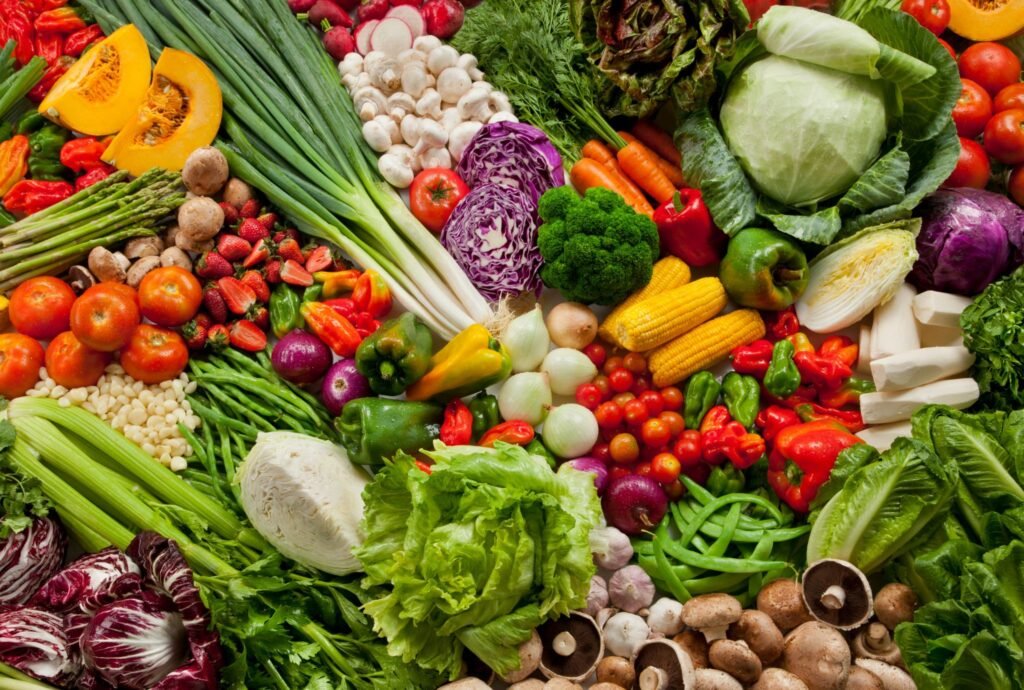
Not all vegetables are created equal when it comes to muscle growth. These stand out for their unique benefits:
- Spinach
- Packed with nitrates, which improve blood flow to muscles and aid recovery.
- Rich in iron, magnesium, and calcium to support optimal muscle function.
- Broccoli
- High in antioxidants and vitamin C, which strengthen the immune system and promote muscle recovery.
- Contains fiber for better digestion and nutrient absorption.
- Red Bell Pepper
- A top source of vitamin C, which improves iron absorption and oxygen transport to muscles.
- Kale
- Loaded with calcium, potassium, and vitamin K, all vital for bone and muscle health.
- Calcium plays a direct role in muscle contraction, aiding workout performance.
- Carrots
- Rich in beta-carotene, an antioxidant that protects muscle cells from oxidative stress.
- High in vitamin A, promoting cell regeneration for faster muscle recovery.
Tips to Incorporate Vegetables into Your Diet
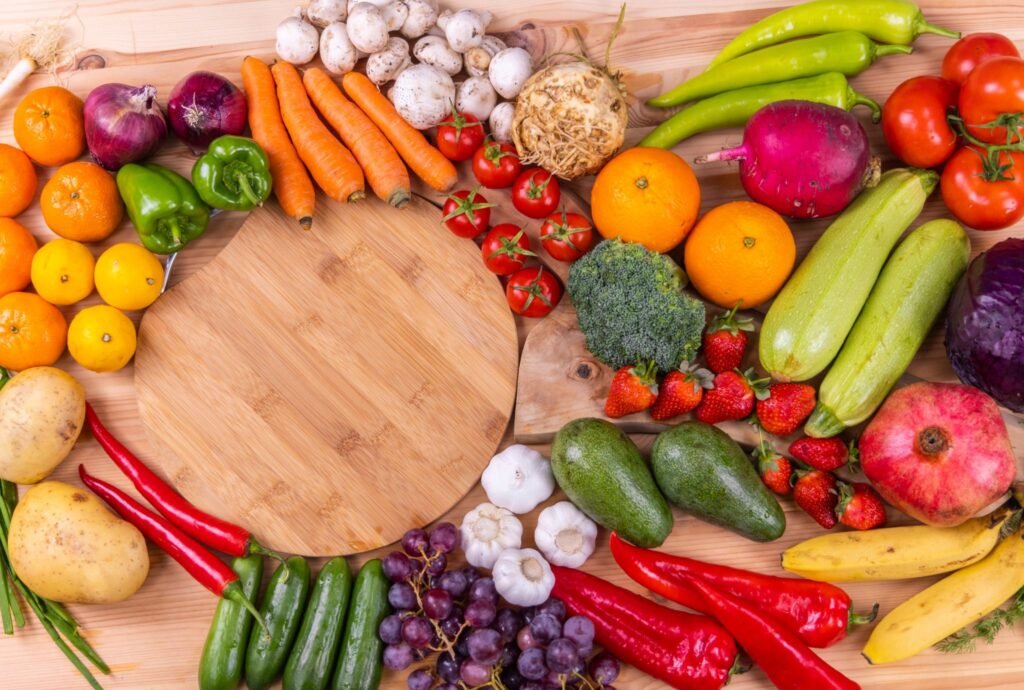
To maximize muscle growth, make vegetables a staple in your daily meals. Here are some easy ways to do it:
- Green Smoothies: Blend spinach or kale with your protein shakes for a nutrient boost without altering the taste.
- Side Salads: Pair your main meals with fresh salads featuring broccoli, spinach, or red bell peppers.
- Vegetable Snacks: Keep carrot sticks, celery, or cucumbers on hand for healthy snacking between meals.
- Soups and Stews: Add spinach, kale, or broccoli to soups for a nutrient-packed meal.
- Roasted Vegetables: Roast carrots, broccoli, or zucchini with olive oil for a delicious, healthy side dish.
The Role of Vegetables in Digestion and Nutrient Absorption
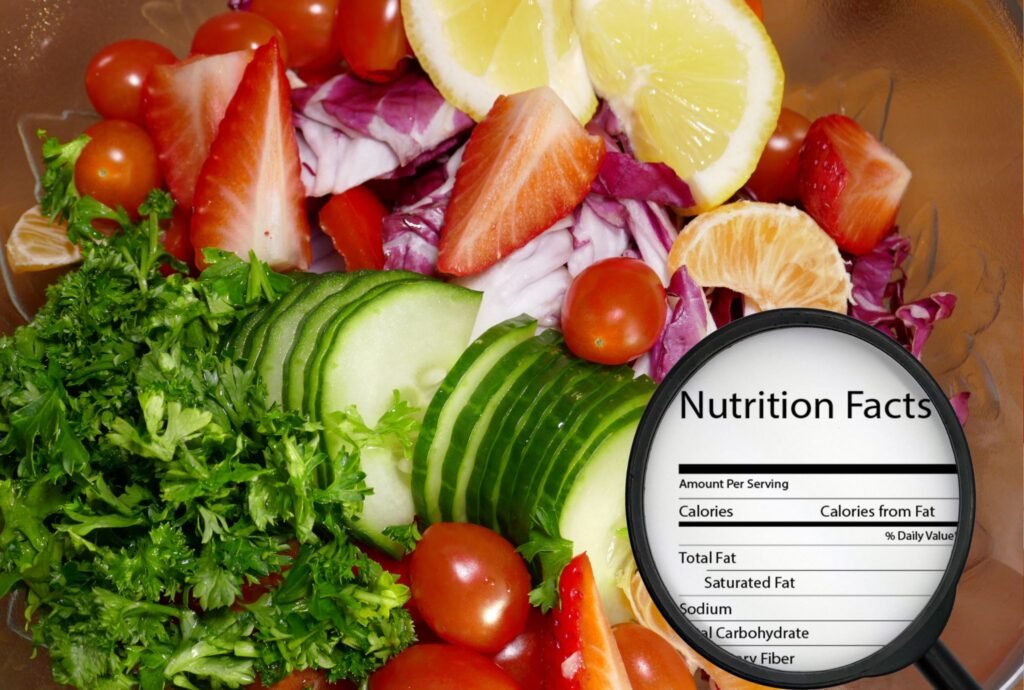
Fiber in vegetables like spinach and broccoli aids digestion and enhances the absorption of key nutrients, including protein, which is vital for muscle growth. Improved digestion ensures your body fully benefits from the nutrients in your diet.
Additionally, fiber helps regulate blood sugar levels, preventing insulin spikes and fostering a hormonal environment that supports muscle development.
Vegetables for Hormonal Balance
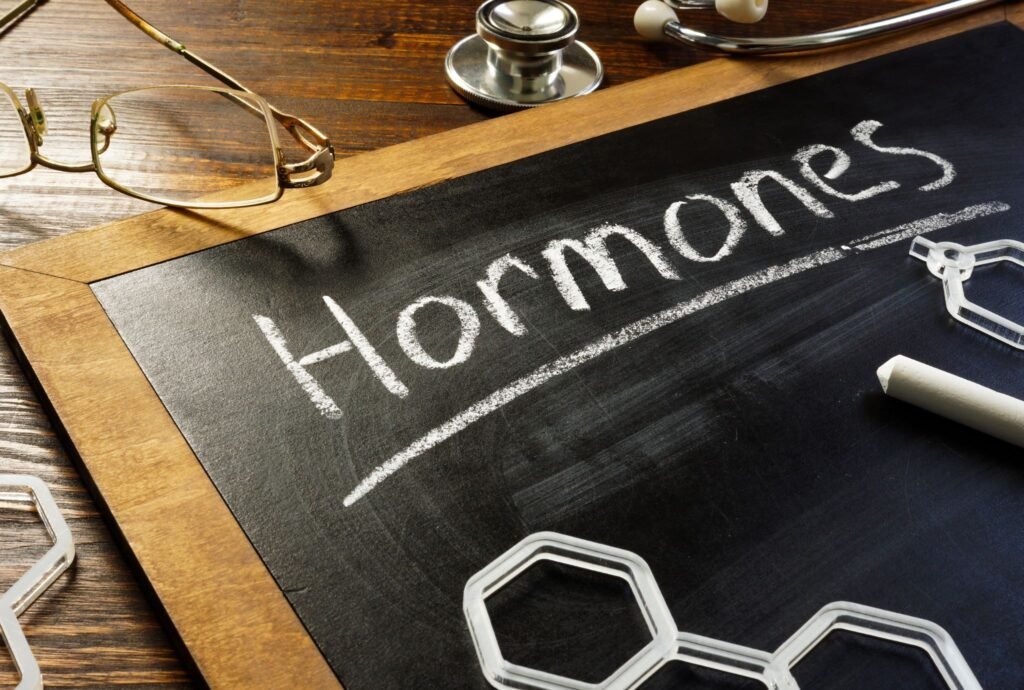
Cruciferous vegetables like broccoli, kale, and cauliflower are particularly beneficial for hormonal health. They contain compounds that help eliminate excess estrogen, which can enhance testosterone levels in men. Higher testosterone levels are directly linked to increased muscle mass.
Vegetables: A Vital Component of Muscle Building

Incorporating vegetables into your daily diet doesn’t just improve overall health—it supercharges your physical performance and recovery. Packed with antioxidants, vitamins, and minerals, vegetables combat fatigue, enhance muscle function, and support post-workout recovery.
Don’t let their low protein content fool you—vegetables are an indispensable part of any muscle-building regimen. Embrace them as a key ally in achieving your fitness goals in a healthy and balanced way.



